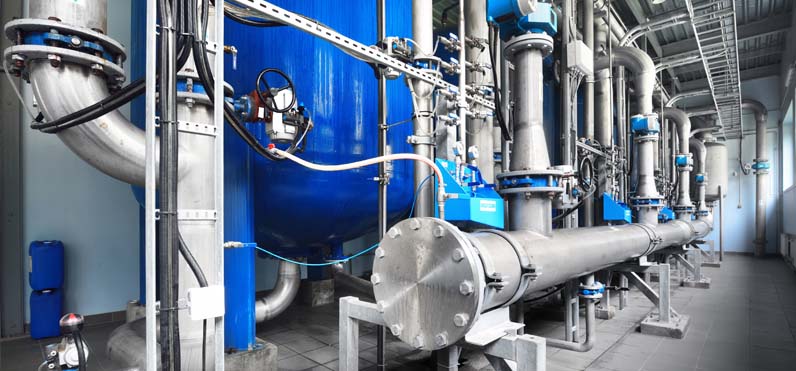Condominium associations are subject to numerous federal, state and local statutes and regulations. It is often difficult to stay current on the many new laws with which associations and their managers are expected to comply. As parties responsible for the management and maintenance of housing, semi-public areas, work spaces, places of public accommodation, etc. it is no surprise that the changes to the law come often and sometimes sneak in below the radar. One change enacted by the DEP last year has imposed another regulatory requirement.
Among other things, the special conditions establish limits on the quantity, rate, and concentration of pollutants discharged into water sources, as well as the duration of the permit and requirements for monitoring, recordkeeping, and reporting.
As most are aware, under the MassDEP regulations, wastewater treatment plants must obtain proper permitting from the State, and specific permits may be required based on the waste being treated and/or how it is disposed of (or “discharged”). Additionally, MassDEP regulations establish standards and other requirements for the activities of treatment facilities. Some of these conditions are general and apply to all permits, while others are in addition to the general duties and apply only to certain categories of facilities. Among other things, the special conditions establish limits on the quantity, rate, and concentration of pollutants discharged into water sources, as well as the duration of the permit and requirements for monitoring, recordkeeping, and reporting.
Privately owned wastewater treatment facilities (“PWTF”) that process at least some sewage from, among other sources, residential uses are subject to numerous special conditions, including financial requirements. Residential condominium associations fall within the residential use category. For example, condominiums that are PWTF permit holders are required to create, fund, and maintain an account to be used for the immediate repair and replacement of any failing components of the facility.
Until last year, MassDEP regulations were quiet as to who could or could not be responsible for holding and dealing with funds held to ensure the repair or replacement of a treatment facility. This meant that a PWTF permit holder could authorize the release of funds with little to no oversight. Under 2016 amendments to the regulations, however, MassDEP now requires that the funds are held in an escrow account—as opposed to a trust account—managed by a third-party escrow agent acting in a fiduciary capacity.
In the typical circumstance, a ground water discharge permit will require the permittee (in this circumstance the condominium association) to use a form approved by the DEP to establish and maintain a financial assurance mechanism to ensure funds will be immediately available to repair or replace the PWTF. The DEP has, in fact, created an approved form which can be downloaded from their website at www.mass.gov/eea/agencies/massdep/water/approvals/wastewater-forms.html. The Ground Water Discharge Regulations at 314 CMR 5.10(8)(1) and CMR 5.15(5)(2) require that funds equal to 25% of the estimated construction cost of the PTWF be deposited in an interest bearing escrow account. Banks, among others, are willing to make themselves available to serve as escrow agents for such purpose.
Any failure to comply with this requirement can result in a penalty. If the violation is deemed willful, the penalty could be assessed without prior notice of noncompliance. Therefore, it is well worth the time and effort to make sure the association is in compliance.


